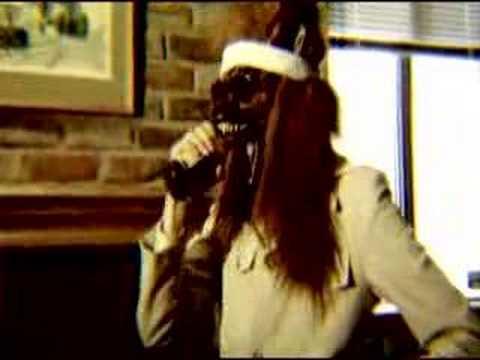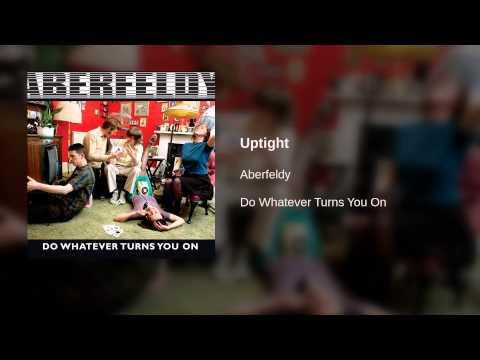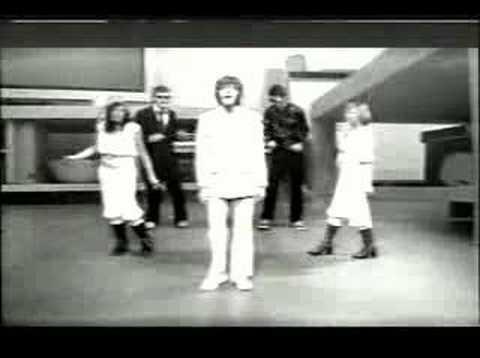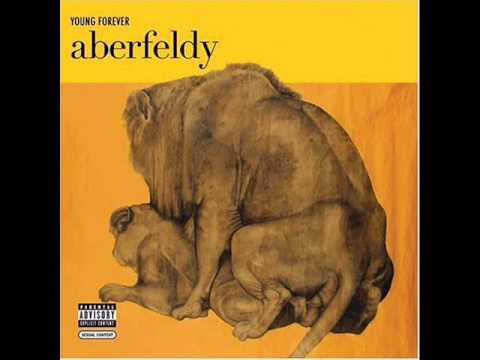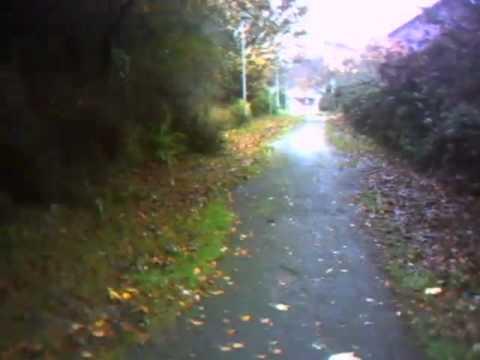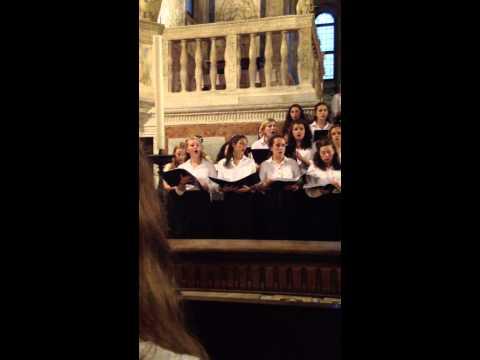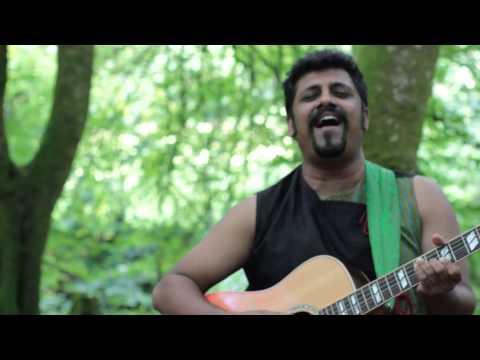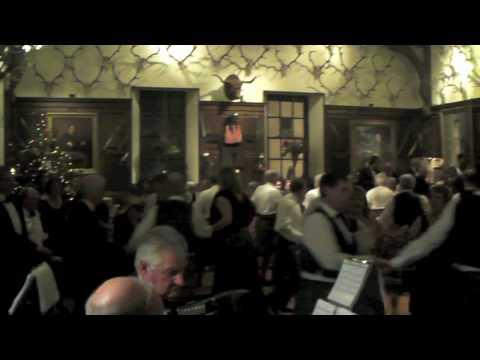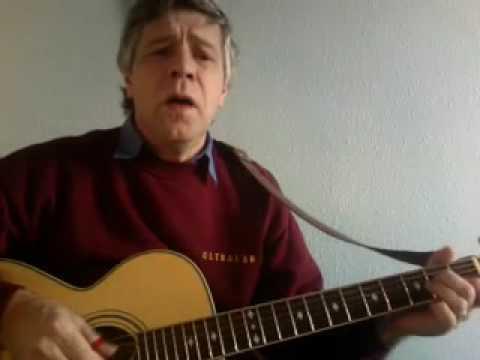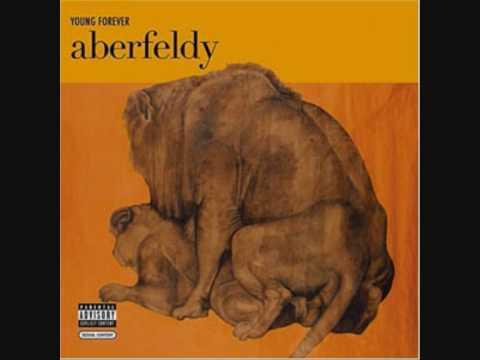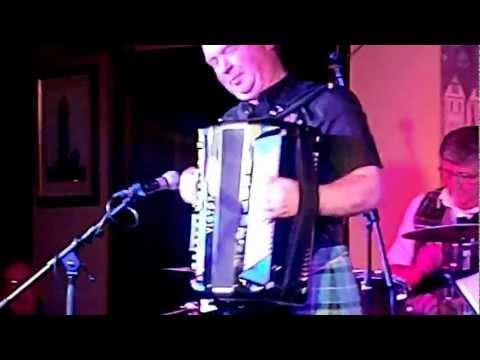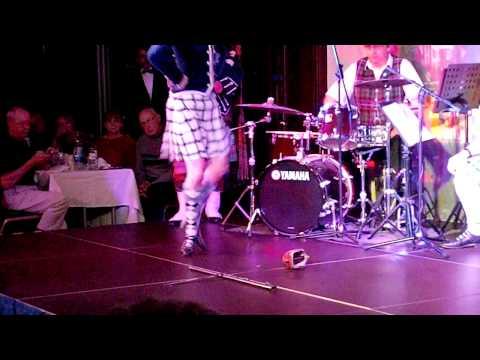Warsong of the Macleans
Description
The Warsong of the Macleans.
Traditional words translated by Sir Walter Scott in 1809,
The tune was written by Andrew Maclean for a Maclean clan gathering in 2009, 200 years after it was translated by Scott.
Many thanks to Allan Maclean of Dochgarroch for helping find such a great story and words for the clan.
For more on Clan Maclean see http://www.maclean.org/
http://www.ceolsean.net/content/maclean/maclean_toc.html for some sheet music for other clan Maclean songs.
Sir Walter Scott (1771-1832) knew a version of this poem [‘s ann di-ciadain an la], or an English translation of one. In April or May, 1809, he sent a letter from London to Mrs Marianne Maclean Clephane. She was the daughter and heir of Lachlann Maclean, 7th of Torloisk, who had died in 1799, and the widow of Major-General William Maclean Douglas Clephane, a native of Fife who had died in 1803 or 1804. Scott was the guardian of her three daughters, Margaret, Anna-Jane and Wilmina-Marianne (Clan Gillean, pp. 461-462; Grierson, Letters 1808-1811, p. 489, n.). The letter is as follows (Grierson, Letters 1808-1811, p. 189):
"On my return home before dinner, finding I had half an hour good, I employed it in an attempt to versify the Macleans' song. No English Rythm would suit the structure of the original, so I fear singing the lines at last to its own tune, is out of the question. However though the verses have this fault, besides being but indifferent otherwise, I hope, my dear Madam, the young ladies and you, will accept my attempt, as a trifling expression of my respect for the Clan, and my gratitude for the high pleasure I have received in your society particularly.
W.S."
The enclosure is as follows (Grierson, p. 190):
WAR-SONG OF THE MACLEANS
[IMITATED FROM THE GAELIC]
I
A weary month has wandered o'er
Since last we parted on the shore;
Heaven! that I saw thee, Love, once more,
Safe on that shore again.
'Twas bold Sir Lachlan gave the word,
Lachlan of many a galley Lord
He called his kindred bands on board
And launch'd them on the main.
II
Clan Gillian is to battle gone,
Clan Gillian fierce in foray known,
Rejoicing in the glory won
In many a former broil.
Full far is heard the thundering fray
The rout, the ruin, the dismay
When from the twilight glens away
Clan Gillian drives the spoil.
III
Woe to the hills that shall rebound,
The bannered bag-pipes maddening sound,
Clangillian's onset roaring round,
Shall shake their inmost cell.
And woe to him who stops to gaze
Where Lachlan's silken streamer plays;
The fool might brave the lightning blaze
As wisely and as well.
This poem was later printed with some amendments, see Scott, Poetical Works, vol. 8, p. 395 (cf. J. P. Maclean, History of Clan MacLean, p. 420); there it is entitled: "War-song of Lachlan/High Chief of Maclean/from the Gaelic", and is called "an imitation, or free translation".
